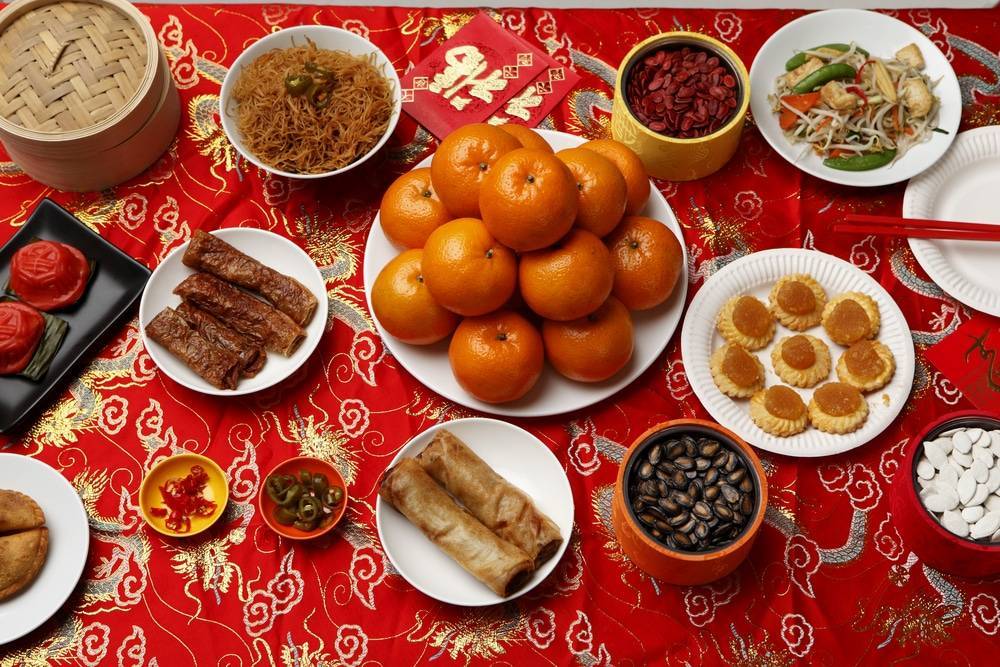As families across the globe prepare to celebrate Chinese New Year, the anticipation of the festivity is often accompanied by the preparation and enjoyment of traditional snacks.
These treats, ranging from sweet to savoury, are not just a delight for the palate but also carry cultural significance, symbolising prosperity, happiness, and health. However, amidst the joyous gatherings and the sharing of these delectable snacks, it’s essential to consider their health implications.
Traditional Snacks and Their Symbolic Meanings
Chinese New Year snacks are deeply rooted in tradition, with each snack bearing its unique symbolism. For instance, nian gao (glutinous rice cake) signifies growth and prosperity due to its homophonic meaning of ‘higher year.’ Bak kwa (barbecued pork slices) represents good luck, and sunflower seeds are shared to bring happiness and a good harvest. Meanwhile, peanut cookies and sesame balls symbolise longevity and wealth, respectively.
Nutritional and Health Considerations
While these snacks are an integral part of the celebration, their nutritional content and health impact should not be overlooked. Many traditional Chinese New Year snacks are high in sugar, fats, and calories. For example, bak kwa is rich in sodium and saturated fats, while pineapple tarts are loaded with sugar and butter. Consuming these snacks in large quantities can lead to weight gain, increased cholesterol levels, and other health risks, especially for individuals with existing health conditions such as diabetes or heart disease.
Moderation is Key
Enjoying these traditional snacks in moderation is crucial to maintaining a balance between celebrating cultural heritage and prioritising health. Opting for smaller portions, sharing with family and friends, and savouring each bite can help reduce overconsumption. Additionally, incorporating healthier snack options, such as fresh fruit or nuts, can provide a nutritious alternative without compromising the festive spirit.
Healthier Alternatives and Preparation Methods
For those looking to enjoy traditional snacks with a healthier twist, considering alternative ingredients and preparation methods can make a significant difference. Baking instead of deep-frying, using natural sweeteners like honey instead of refined sugar, and opting for lean meats can help reduce calorie intake while still allowing everyone to indulge in their favourite treats. Preparing homemade versions of these snacks also allows for better control over the ingredients used.
The Importance of Physical Activity
Balancing the increased caloric intake with physical activity is another way to mitigate health risks during the festive season. Engaging in family activities, such as taking walks after meals or organising games, can encourage movement and contribute to a healthier lifestyle.
Conclusion
Chinese New Year is a time of joy, reunion, and indulgence in traditional snacks that bring cultural significance and pleasure. By being mindful of the health implications and making informed choices, it’s possible to enjoy the festivities without compromising health. Moderation, healthier alternatives, and physical activity are key to celebrating a prosperous and healthy new year.

